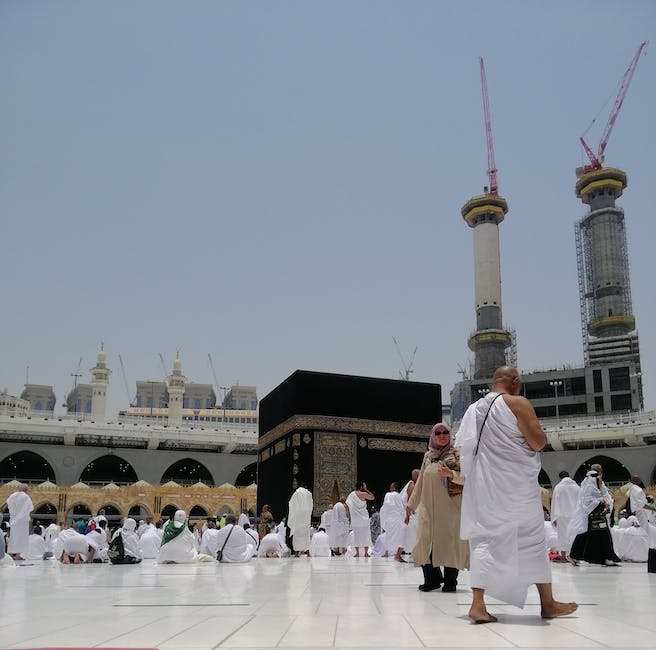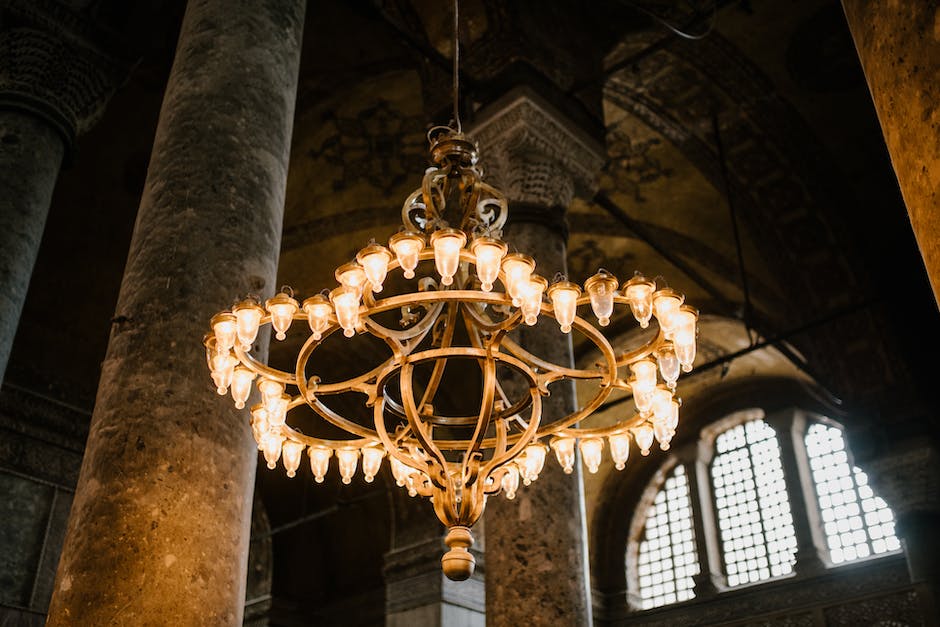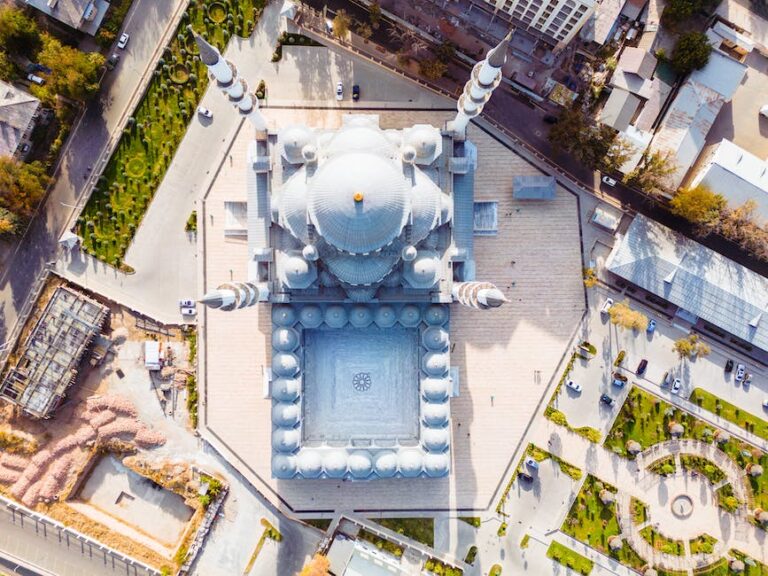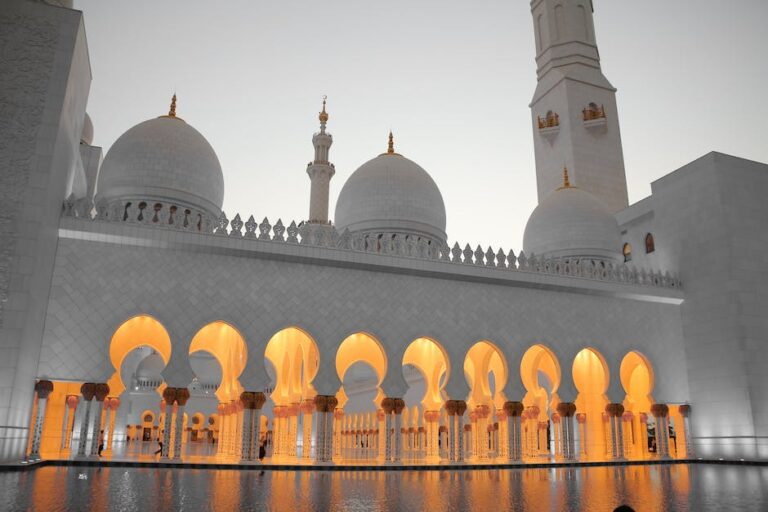The Importance of Fulfilling the Five Pillars for a Balanced Spiritual Life
Islam is a religion that is centered on the belief in one God, Allah, and the practice of specific religious obligations. These religious obligations are known as the Five Pillars of Islam. The Five Pillars are the foundation of the Muslim faith and provide a framework in which Muslims can pursue a balanced spiritual life. Each pillar plays a significant role in shaping a Muslim’s identity and relationship with Allah, and neglecting any of them can lead to an imbalance in one’s spiritual life.
The Five Pillars of Islam include Shahada (Declaration of Faith), Salah (Prayer), Zakat (Charity or Almsgiving), Sawm (Fasting), and Hajj (Pilgrimage). Each of these pillars has its own significance and benefits, and collectively they form a complete system of worship and a way of life for Muslims.
Shahada: The First Pillar
The Shahada is the first and most important of the Five Pillars of Islam. It is the declaration of faith that all Muslims must recite at least once in their lifetime. The Shahada states: “There is no god but Allah, and Muhammad is His messenger.” This profession of faith is the foundation of Islam and affirms the belief in the oneness of Allah and the prophethood of Muhammad.
The Shahada serves as a reminder to Muslims that everything in their lives should revolve around the worship of Allah, and that Allah is the only source of guidance and direction. It is through the Shahada that a person enters into Islam and becomes a Muslim. This declaration not only signifies the acceptance of the Islamic faith but also requires a commitment to follow the teachings of Islam.
The Shahada serves as a powerful reminder of the central beliefs of Islam, which include the oneness of Allah, His supreme power, and the importance of following the teachings of Prophet Muhammad. In essence, the Shahada is an invitation for all Muslims to direct their lives towards serving Allah and following the Prophet Muhammad. It is through this declaration of faith that Muslims can achieve a balanced spiritual life.
Salah: The Second Pillar
Salah is the second of the Five Pillars of Islam and involves the ritual prayers that Muslims perform throughout the day. Muslims are required to pray five times a day at specific times, which are determined by the position of the sun. These are known as Fajr (Dawn), Dhuhr (Noon), Asr (Afternoon), Maghrib (Sunset), and Isha (Night).
Salah is a fundamental part of Muslim worship, and it serves as a reminder of the importance of being connected to Allah throughout the day. Through Salah, Muslims can communicate and connect with Allah, seeking his blessings, guidance, and forgiveness. This form of worship provides tranquility and inner peace, enabling the faithful to stay focused on their goals and priorities.
Salah also ensures that Muslims remain humble and focused on their true purpose in life. It serves as a reminder that Allah is the ultimate authority, and Muslims should only seek his blessings and guidance to succeed in this world and the Hereafter.
Zakat: The Third Pillar
Zakat is the third Pillar of Islam, and it involves the giving of a specific amount of money to those in need within the Muslim community. Zakat is an act of worship that encourages Muslims to be charitable, selfless, and compassionate towards others.
Zakat is not just about giving money to the less fortunate, but rather it involves the purification of one’s wealth and soul. It is an obligation on every Muslim who possesses a certain level of wealth or assets. Zakat ensures that wealth is distributed equally in society, and it prevents the hoarding of wealth by a select few.
Beyond the financial benefits, Zakat has numerous spiritual benefits for the giver. It increases a person’s faith in Allah and fosters sincerity, compassion, and empathy within the community. Additionally, it helps to purify a person’s soul and protects them from greed and attachment to material possessions.
In essence, the practice of Zakat enables Muslims to experience the joy of giving and the satisfaction of helping others. Through this act of worship, Muslims can achieve a balanced spiritual life by fulfilling their social and moral obligations towards their community.

Sawm: The Fourth Pillar
Sawm is the Fourth Pillar of Islam and refers to the practice of fasting during the month of Ramadan. Fasting involves abstaining from food, drink, and other physical needs from dawn until sunset.
Fasting during Ramadan is more than just abstaining from food and drink; it is a form of worship that promotes self-discipline, self-improvement, and spiritual growth. It provides an opportunity for Muslims to better understand and appreciate the blessings of Allah. Fasting is also a means of purifying the body, mind, and soul, enabling Muslims to develop a stronger connection with Allah.
During Ramadan, Muslims gather for communal prayers and break their fast with an evening meal known as Iftar. This communal experience strengthens social bonds within the Muslim community and fosters a sense of unity and belonging.

Hajj: The Fifth Pillar
Hajj is the fifth and final Pillar of Islam, and it involves the pilgrimage to the holy city of Mecca. Hajj takes place during the Islamic month of Dhu al-Hijjah and is a mandatory obligation for every able-bodied Muslim who can afford to make the journey.
The pilgrimage to Mecca is an incredibly spiritual journey, and it involves performing different rituals that remind Muslims of their connection to Allah and the Prophet Muhammad. These rituals include circumambulating the Kaaba, walking between the hills of Safa and Marwa, and standing on the plain of Arafat.
The Hajj experience serves as a reminder that every Muslim is part of a greater worldwide community, regardless of race, nationality, or ethnic background. It is an opportunity for Muslims to put aside their worldly differences and come together in the worship of Allah.
In conclusion, the Five Pillars of Islam are fundamental requirements that provide an essential framework for a Muslim’s spiritual life. Each pillar plays a significant role in shaping an individual’s identity and relationship with Allah. It is only through fulfilling all of the Five Pillars that Muslims can achieve a balanced spiritual life and become closer to Allah.







